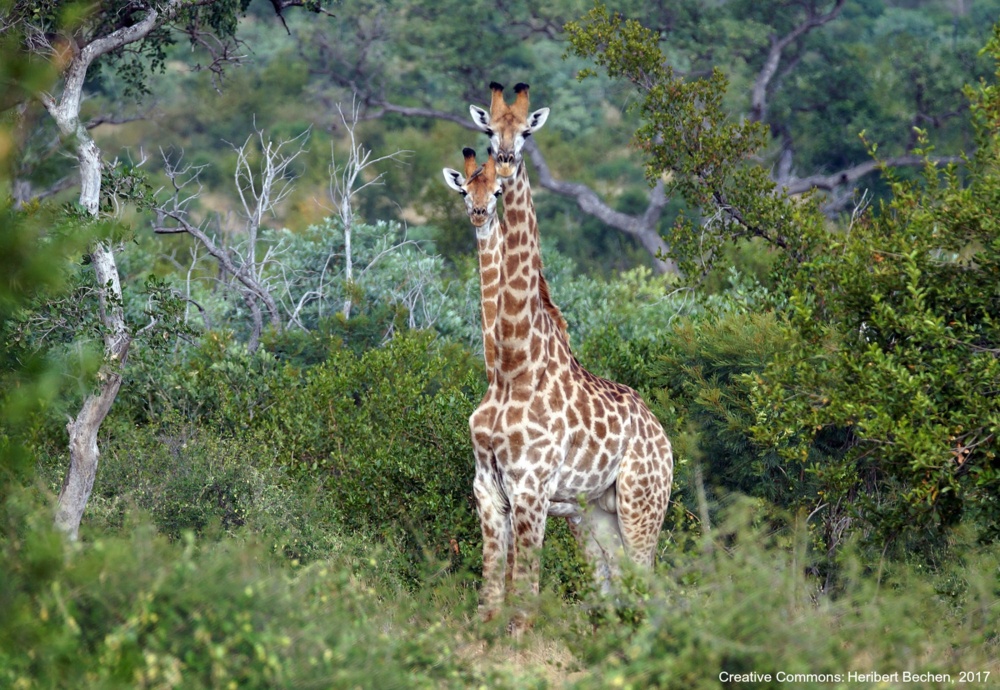
World Wildlife Day: Protect nature to protect people
One in every five species on our shared planet now faces extinction.
If we do nothing to halt this disastrous trend, this number could reach one in every two species by the end of the century.
I’m one of the lucky ones. My work has taken me all over the world, and I’ve been able to see some of the planet’s most majestic creatures up close.
Many people will never get this chance.
Imagine a world in which our children and grandchildren’s only experience of a giraffe, a lion or a turtle is a picture in a storybook, or re-runs of the BBC’s Planet Earth; a remnant of the planet they could have inhabited if we’d taken collective action.
World Wildlife Day is a moment to celebrate all of the beautiful and varied plants and animals that make up our natural world. But it is also an important time to take notice of the havoc we are wreaking on that world.
Extinctions are a natural occurrence. They have happened for millions of years, and they will continue to happen into the future.
But what we are currently doing to our planet is not natural.
The rapid loss of species we are seeing today is estimated to be between 1,000 and 10,000 times higher than naturally occurring extinction.
And as we continue to destroy our forests, pillage our oceans, hunt wildlife for profits and sport and fundamentally shift our climate, this is only set to rise further.
Over half of all of the world’s primates are already nearing extinction, threats to ocean life in West Africa are set to bring a food crisis to the region, andclimate change has forced half of all mammal species to the brink.
While our world would certainly be a duller place without varied wildlife, by destroying nature, and threatening its vital species with extinction we are actually putting our very way of life at risk.
We, human beings, are dependent on our natural world. We rely on it for our food, our water, our health, our jobs and our happiness, and as we continue to destroy it, it will be those most reliant on nature and wildlife - the most disempowered and marginalised - that will be hardest hit.
Whether it is the destruction of our rainforests or our oceans, for millions of people this loss of environmental security means hunger, poverty and vulnerability.
It doesn’t have to be this way.
By taking action now to protect our wildlife and the oceans, forests and other natural habitats they call home, we can halt this pattern towards extinction.
Take, for example, the Giant Panda - perhaps the most iconic endangered species. After years of intensive conservation efforts, It came off the International Union for Conservation of Nature’s (IUCN) endangered list in 2016, and it was not the only species to have clawed its way back from the brink of extinction.
By implementing conservation measures and creating, sustaining and enforcing protected areas in our oceans and forests we can protect our wildlife, and the people who rely on them for their food and livelihoods.
This World Wildlife Day, EJF urges you to remember the huge benefits that protecting our natural environment will have, both for us and for future generations.
Ultimately, protecting biodiversity, the incredible array of wildlife species that underpin our world, is about protecting people and planet.
SIGN UP FOR OUR EMAILS AND STAY UP TO DATE WITH EJF